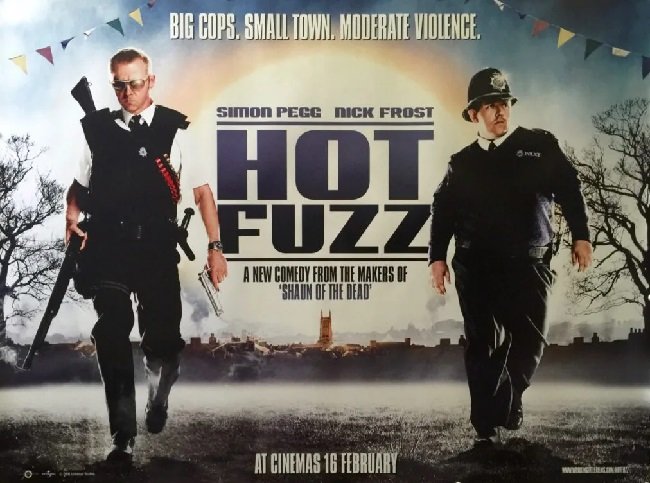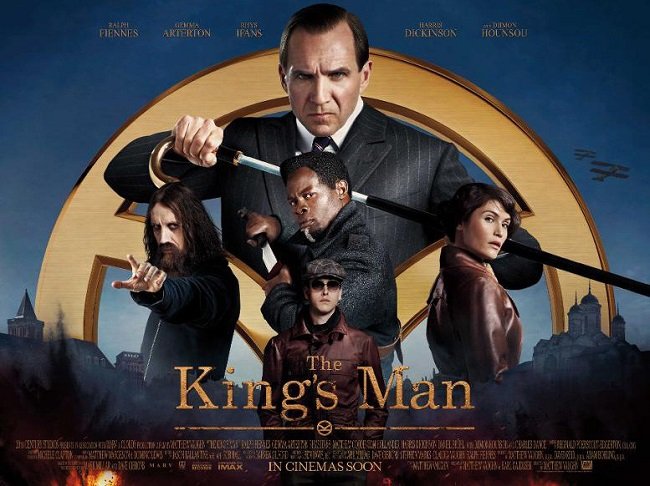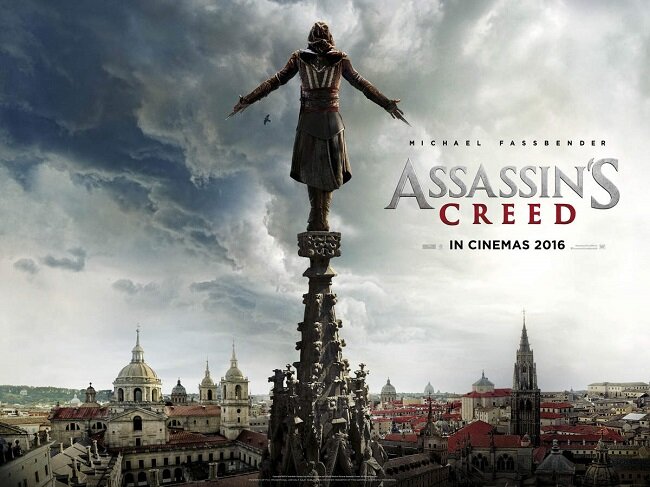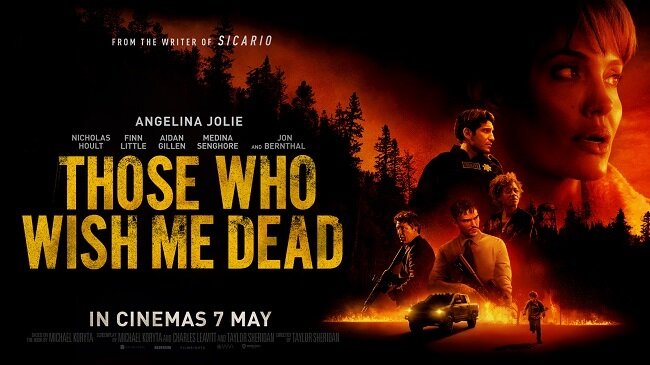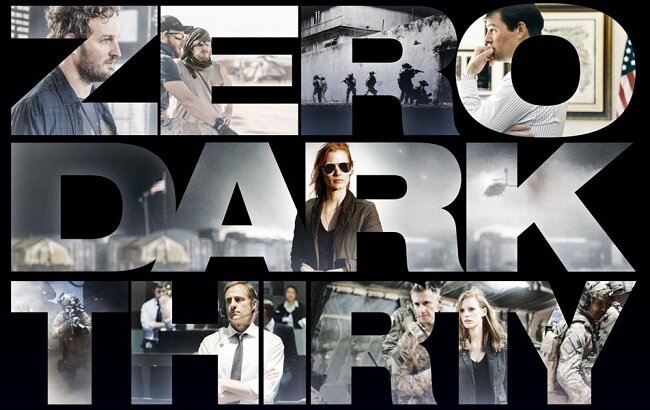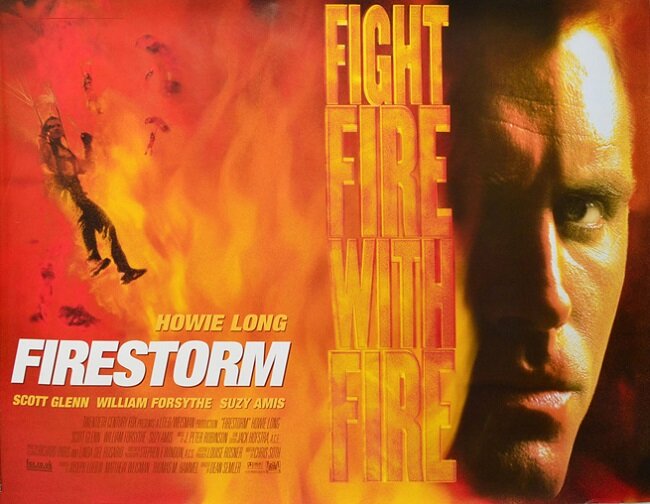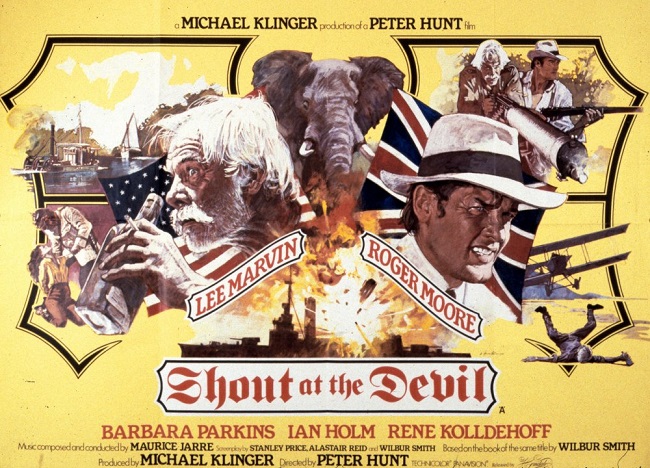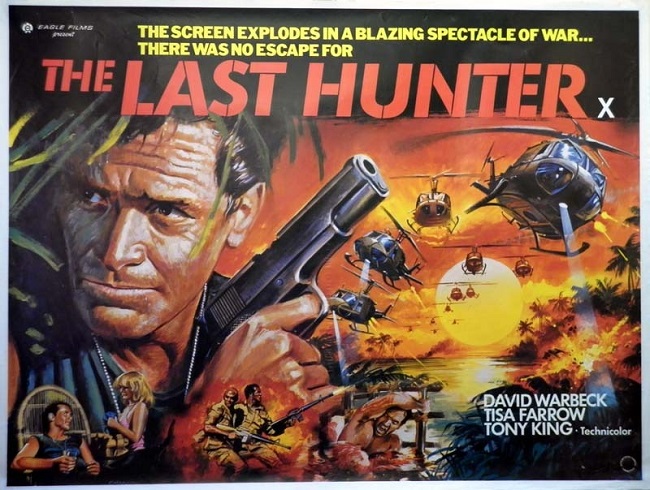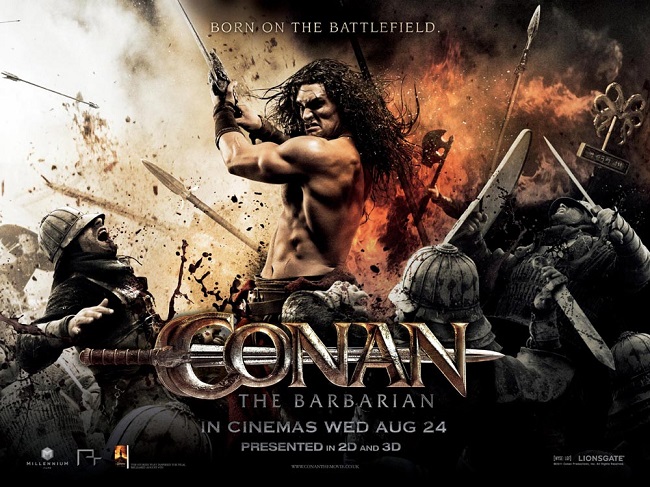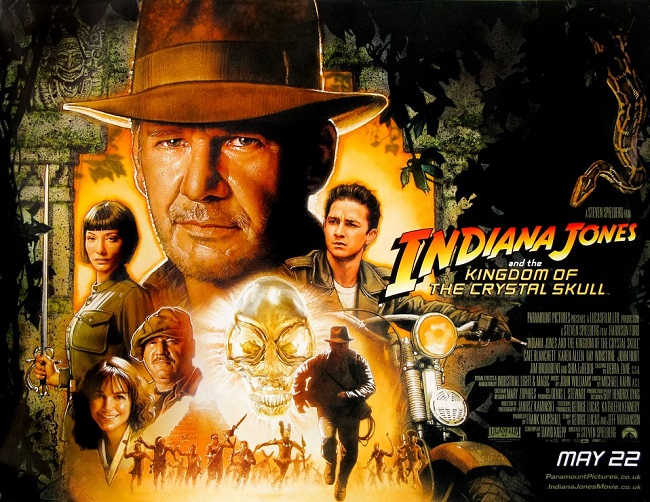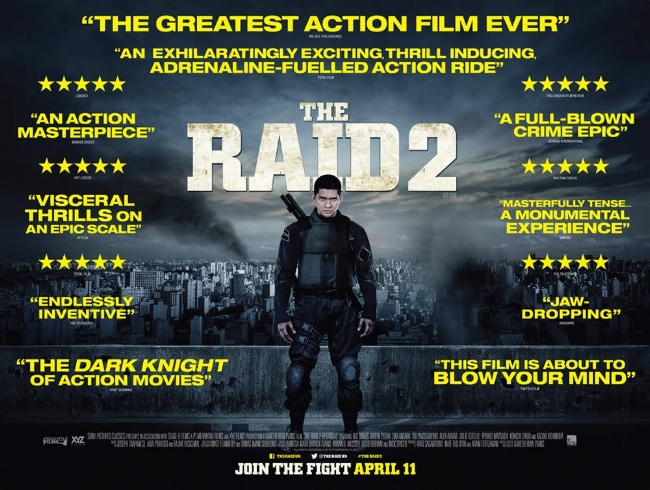Sherlock Holmes (2009)
For me the inherent appeal of Conan Doyle’s great detective is the way in which it lends itself to continuous reinvention and interpretation. And so, I was greatly surprised by how well director Guy Ritchie handled the 2009 reboot. He in fact did so well, that you could argue it put his career back on track. You won’t find a deerstalker on the head of Robert Downey Jr’s Holmes. This is very much a Holmes for the current times, with bar knuckle boxing, explosions and frenetic chases around a stylised CGI London, but despite how it sounds it works extremely well. The pacing, tone and humour are just right and so the movie avoid becoming a caricature. Under all the modern trappings the screenplay retains the essential elements of source text, such as a densely plotted narrative, cunning mental gymnastics and of course the complex dynamics of the Holmes, Watson relationship.
Robert Downey Jr is a far cry from Peter Cushing’s Holmes. He introduces a slovenly element to the character who’s continuously intellectually absorbed at the expense of others and worldly social niceties. Opium addiction is not mentioned this time round. He excels at the things that engage his intellect, including pugilism, so we have some solid set pieces, driven by Holmes pre-fight analysis. Jude Law’s Doctor Watson is an amiable and long-suffering foil, very much in the Danny Glover mould from Lethal Weapon. He offsets Holmes’s intellect perfectly with his common sense and sarcasm. As for the plot, it centres upon an aristocratic serial killer called Lord Blackwood (Mark Strong), who is caught and tried, sent to the gallows and placed in his family tomb. However, he subsequently appears to rise from the dead, and returns to his killing spree.
It’s all very fast paced and at times you can see how certain characters are introduced to simply expedite the plot and allow Holmes to do his quota of “sleuthing” before the next action sequence. Sarah Greenwood’s production design is a definite high point with here stylised, even borderline steampunk “Victoriana”. Ritchie attends to the proceeding well and balances the films elements, ensuring that just as things start to get a bit silly, he moves them on to another diversion. There is also a great score by Hans Zimmer which is radically different from the usual Violin driven motifs one associates with Holmes. Rachel McAdams, as American femme fatale Irene Adler, is more than the usual window-dressing female characters have in such movies and as ever Eddie Marsan is extremely watchable as the hang dog Inspector Lestrade.
Considering that Sherlock Holmes was released as the MCU was beginning to get traction with cinema audiences, it does well not to just repackage the great detective as yet another superhero. Yes, there are some very flashy visual affectations and contemporary editing techniques but there is still room for film to focus on the dynamics of Holmes and Watson relationship. There is a definite chemistry between both leads and it is the ongoing examination of relationship that once again underpins the story and makes it worth watching. This coupled with the right tone and visual embellishments meant that Sherlock Holmes found an audience and did well at the box office, with the cast and director returning for a sequel.


